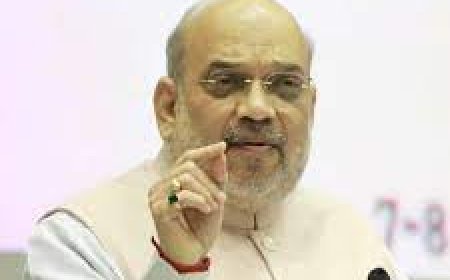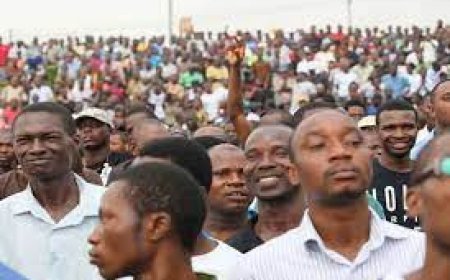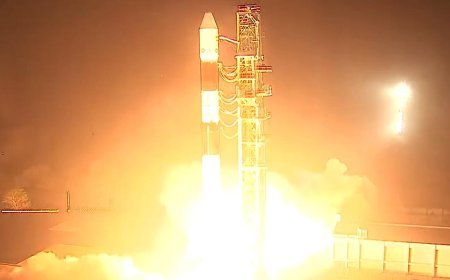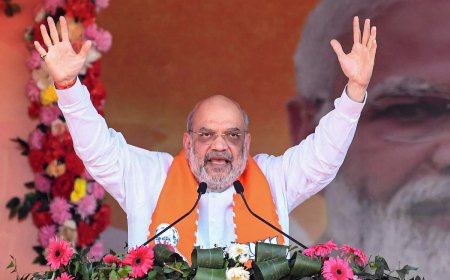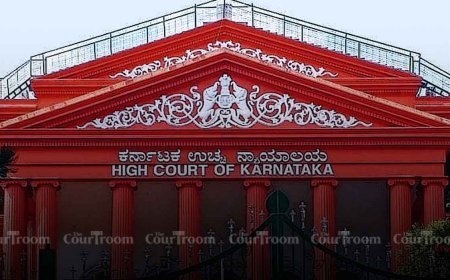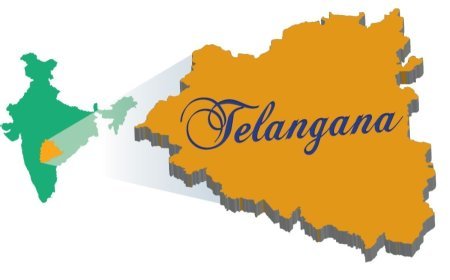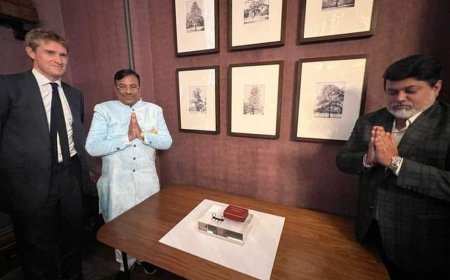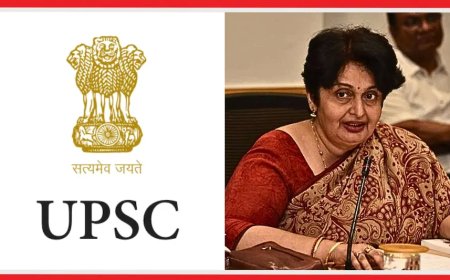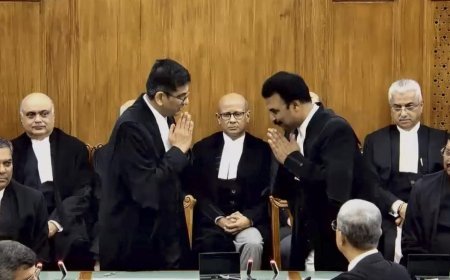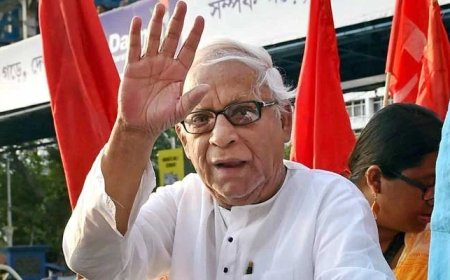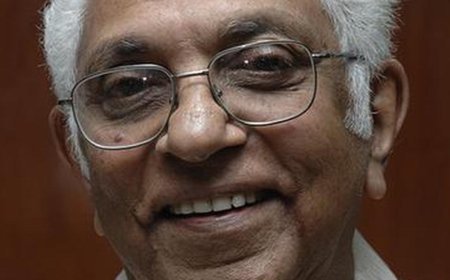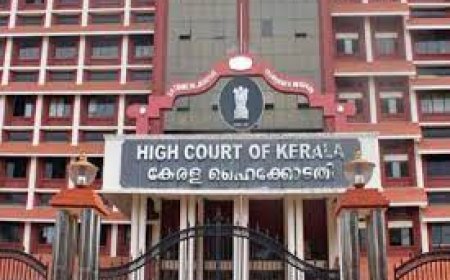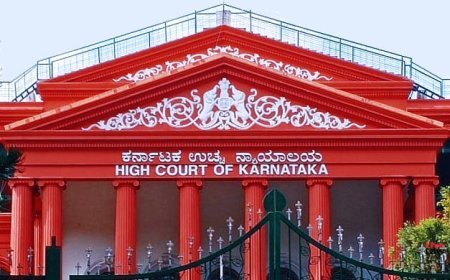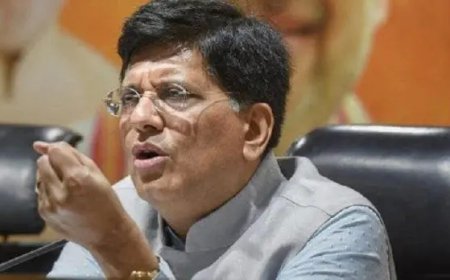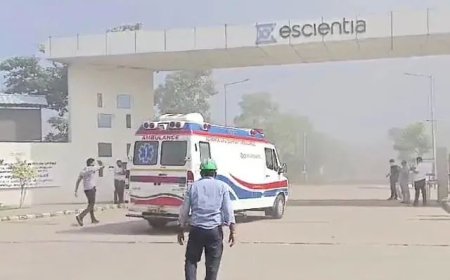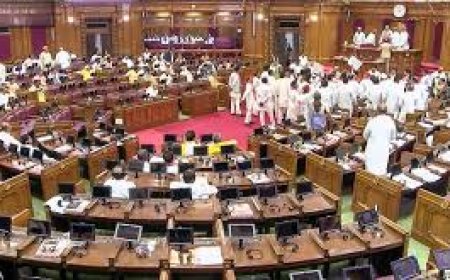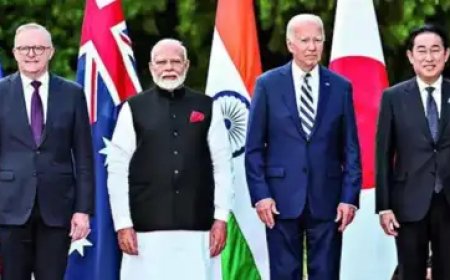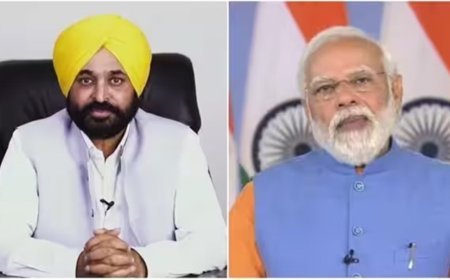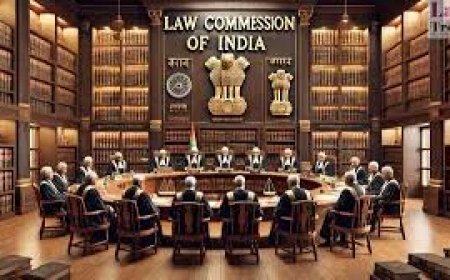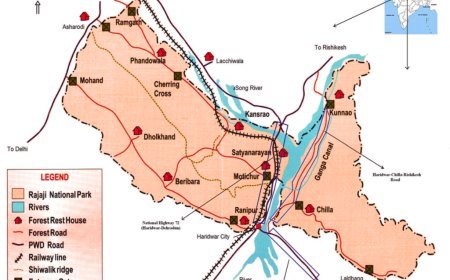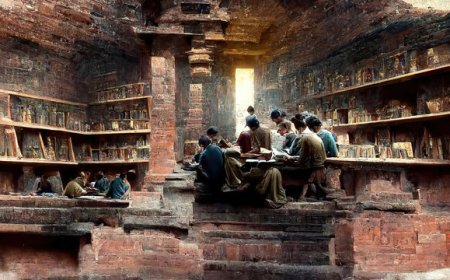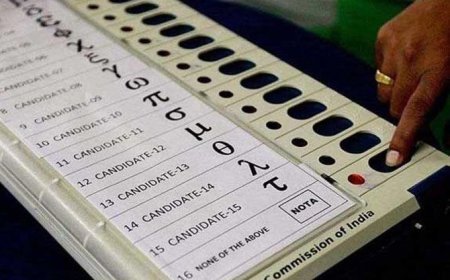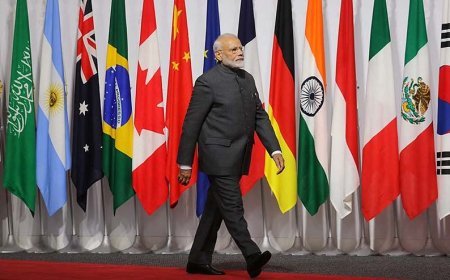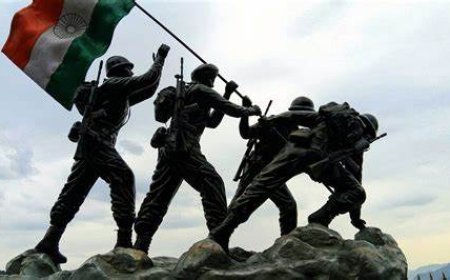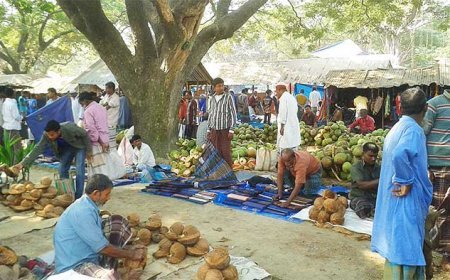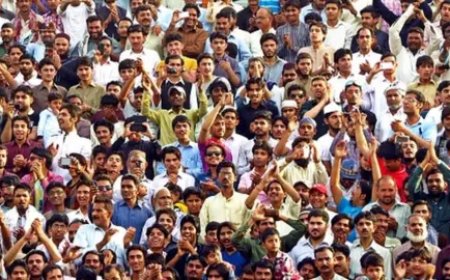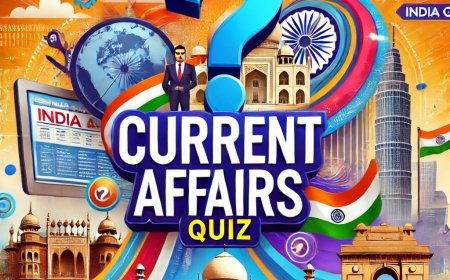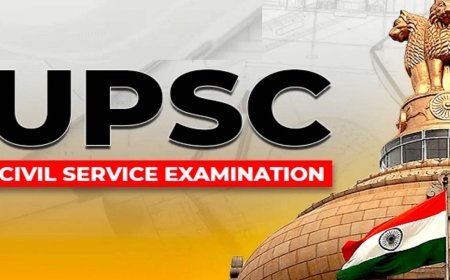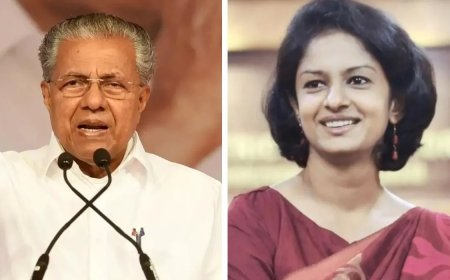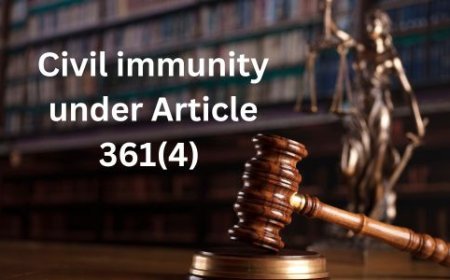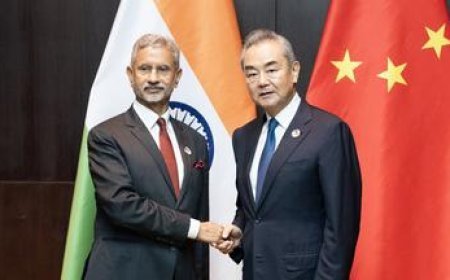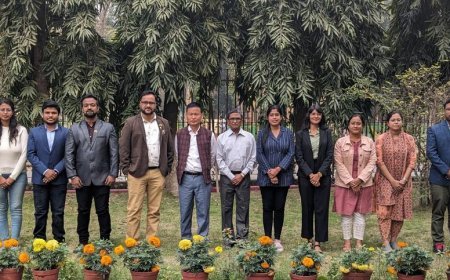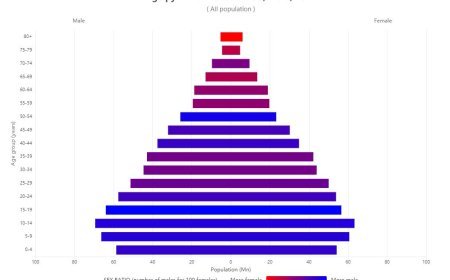The Hindu Editorial analysis: On the Right Path: On the Announcement of Elections in Jammu and Kashmir

The Hindu Editorial analysis: On the Right Path: On the Announcement of Elections in Jammu and Kashmir
This editorial is based on "On the right path: On the announcement of elections in Jammu and Kashmir," published in The Hindu on August 21, 2024. The article analyzes the significance of the Election Commission of India (ECI) announcing the dates for elections in Jammu and Kashmir, marking a crucial step towards restoring democratic processes in the region.
Description
The Election Commission of India has announced the dates for elections in Jammu and Kashmir, scheduled to take place in three phases between September 18 and October 1, 2024. This announcement addresses a significant gap in the democratic process in the region, which has been without an elected and functioning state legislature since the abrogation of its special status and its reorganization into a Union Territory in 2019.
Information
- Restoration of Democracy: The absence of an elected legislature in Jammu and Kashmir has led to a sense of alienation among the population. The elections are seen as a necessary step to restore democratic representation and address the grievances of the people.
- Judicial and Constitutional Context: The Supreme Court, in its judgment upholding the abrogation of special status, had directed that elections be held by September 30, 2024, and emphasized the need to restore statehood. The ECI's decision aligns with this directive, aiming to fulfill the constitutional requirement.
Effects
- Addressing Alienation: The lack of an elected government has contributed to feelings of disenfranchisement and alienation in the region. The upcoming elections provide an opportunity for the people of Jammu and Kashmir to express their concerns through the electoral process, potentially reducing the sense of marginalization.
- Political Dynamics: The elections are expected to reshape the political landscape in Jammu and Kashmir. The previous Assembly elections saw a split mandate along communal lines, but the current political environment, with the possibility of alliances among secular parties, could lead to a more inclusive and representative governance.
Possible Way Forward
- Promoting Secular Governance: The need for like-minded parties to come together in the elections is crucial to avoid communalization of the political discourse. An electoral focus on civic issues and rights rather than religious or ethnic divisions could help in promoting peace and stability in the region.
- Restoration of Statehood: The restoration of statehood should remain a priority in the post-election scenario, as it is essential for ensuring full political autonomy and governance in Jammu and Kashmir.
Other Instances and Effects
- Past Electoral Challenges: The region has a history of electoral challenges, with past elections being marred by low voter turnout and allegations of rigging. The upcoming elections will be a test of the effectiveness of democratic processes in a sensitive and volatile region.
- Regional Implications: The successful conduct of elections and the formation of a representative government in Jammu and Kashmir could have broader implications for regional stability and the management of insurgency and terrorism in the area.
Conclusion
The announcement of elections in Jammu and Kashmir is a positive step towards restoring democracy and addressing the alienation felt by the people of the region. However, the success of these elections will depend on the ability of political parties to focus on inclusive governance and civic issues rather than divisive communal rhetoric. Ensuring a fair and transparent electoral process and prioritizing the restoration of statehood will be crucial for achieving long-term peace and stability in Jammu and Kashmir.
What's Your Reaction?









